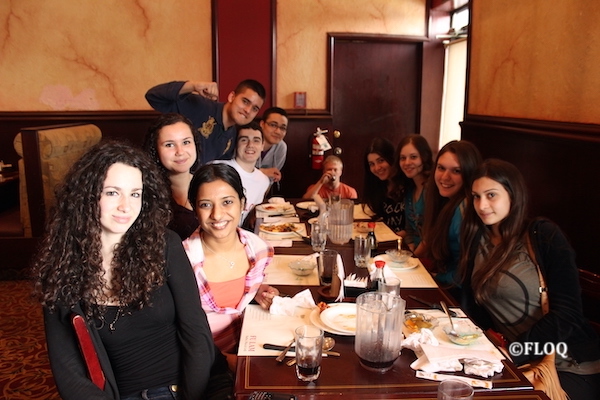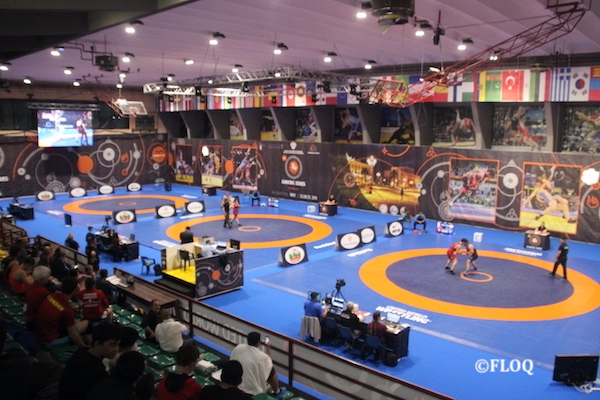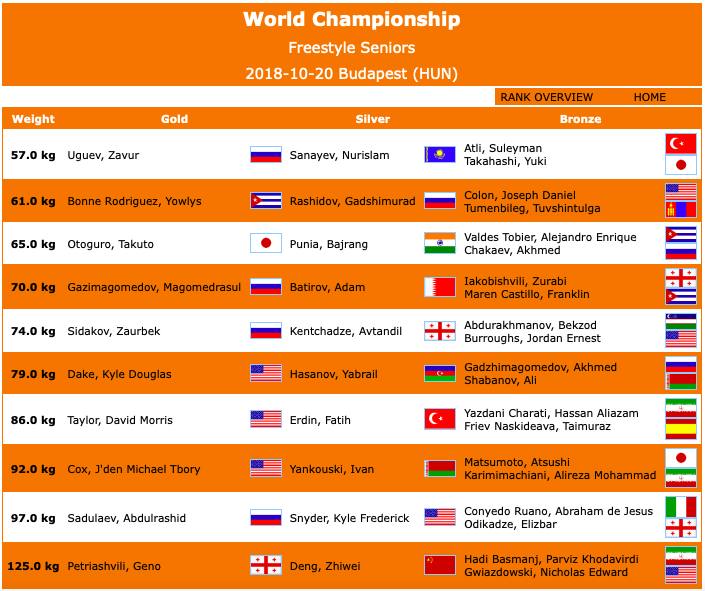Friday, March 29th 2024
Recently I just had our Team Lunch for my high school team. This has been a tradition since I began teaching and coaching at the high school level and it’s a good way of wrapping up the season and saying goodbye to our Grade 11s, who won’t be back for the next year. In addition, it gives the newcomers another good memory from the season, which will hopefully encourage them to return.

The Team Lunch is something I do every year
Normally I give a speech at this time, reflecting on how the season went as well as maybe singling out certain individuals who accomplished something that season. On paper, we definitely under-performed, with both our teams finishing dead last. Both finalists came up short and this is the first time in a long while where I haven’t come home with a gold medal from the GMAA/RESQ Championships. Given this scenario, you would think that it would have been difficult to come up with anything positive to say. However, as I looked out on the group I came to an epiphany: while the results weren’t what I wanted, the simple fact was that everyone at that table had improved. Many of them had made significant progress from where they began, with some overcoming huge personal obstacles to finish off the season in a strong fashion. Given the context, I couldn’t help but give them the positive feedback they deserved.
This reminded me of an inescapable fact; Results and Performances aren’t the same thing. Many examples can be alluded to this as in our sport, a positive result can be misleading and a losing performance can be better than a winning one. Case in point, on the surface, my last place finish would constitute a failure on paper. However, if we look at the sheer amount of progress that many of my athletes made, then the season has to be deemed a success, even if only a moderate one. However, to make it anything more than that would be a gross exaggeration.
This brings to mind the analogy of the big fish in a little pond. Success on smaller stage can be great, but one must also take this with the right amount of context. For athletes that win a GMAA/RSEQ title, this can be a huge achievement taking into account the quality of competition as well as the amount of athletes competing in that given year. Given what that athlete may have gone through to achieve that result, winning that medal could be the highlight of their career. And that’s fine.

Medalling at an international tournament places you in a different category
However, athletes who have the ambition to go farther may see that GMAA/RSEQ title as just another tournament to help them prepare for tougher competitions. Their ambition and skill surpasses that of the high school level and therefore, their satisfaction with that accomplishment is reflected by their desire to move on to the next competition at a higher level.
With that being said, one must also be realistic with their achievements. Too often I’ve heard of how great a wrestler says they were by the fact that they won that aforementioned GMAA Gold medal. While they would have to possess some skill to accomplish this, how does it even compare to someone who went on to compete at the varsity and international level? The conversations of accomplishments aren’t even in the same ballpark.
And yet, we tend to see other aspects of this false sense of accomplishment in the form of exaggeration as some people often try to over-inflate their accomplishments in an effort to increase their own self-importance. Without any context, if someone told you that they won multiple GMAA/RSEQ titles, it would seem impressive to an outside observer. However to someone in the know, it would pale in comparison to someone who had won fewer medals at the varsity level. The gap in skill alone would render that point moot. The performance level required to achieve the former isn’t even the same as the latter. There we see an excellent example where the performance isn’t equal to the results.

In the digital age, lying about your accomplishments is pretty much impossible
I think that what it all boils down to is that no matter what your accomplishments, you must be always cognizant of what you’ve done and where you’ve done them. I often tell people that I was a good wrestler, but never a great one, as being in the presence of great wrestlers throughout my life helped to put my accomplishments into proper perspective. This definitely gives me a better perspective about the results and the performance not being the same and I think that in order to be realistic with ourselves, we almost need to stop gaslighting ourselves and accept the reality at hand. This is at the root of what we have to do going forward.
